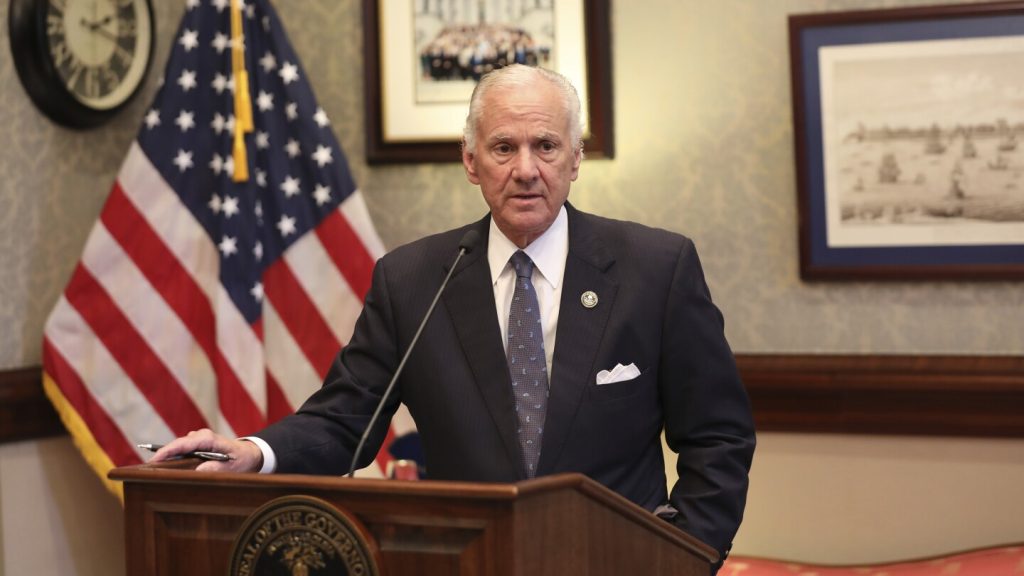The South Carolina Governor, Henry McMaster, vetoed three bills that would have required the erasing of records for individuals convicted of certain crimes involving guns, check fraud, and underage alcohol sales. Governor McMaster believes that criminal history should not be erased, but individuals should still be given second chances after paying their debt to society. He emphasized the importance of employers considering an applicant’s criminal history in a constructive manner, rather than simply using it to disqualify them from opportunities. The General Assembly will have the opportunity to overturn the vetoes with a two-thirds vote when they reconvene in June for a special session.
One of the bills vetoed by Governor McMaster would have allowed individuals convicted of unlawful possession of a handgun before the state passed its open-carry law this year to have their charges expunged. While the bill had widespread support in the House and Senate, Governor McMaster argued that the actions were illegal at the time they were committed and consequences, including potential criminal prosecution, may follow. The second bill would have required courts to expunge multiple counts of check fraud if the offender has maintained a clean record for 10 years. The third bill would have allowed clerks or servers who sold alcohol to an underage customer to automatically have that conviction erased after completing an education program and refraining from committing the offense again.
Governor McMaster’s background as a former federal prosecutor likely influenced his decision to veto these bills, as he believes in the importance of upholding the law and holding individuals accountable for their actions. While he recognizes the value of second chances, he also believes that criminal history should not be erased as it is a part of an individual’s past. The Governor’s veto messages to lawmakers highlighted the need for employers to consider an applicant’s criminal history thoughtfully and not make hasty decisions based solely on past offenses.
Supporters of the bills that were vetoed had argued that it was only fair to allow individuals with past convictions to have a clean slate, especially in light of changes to existing laws. However, Governor McMaster’s decision to veto these bills sends a strong message about the importance of accountability and respecting the rule of law. The General Assembly will have the opportunity to reconsider these bills when they meet again in June for a special session, where they can override the vetoes with a two-thirds vote. It remains to be seen how lawmakers will respond to the Governor’s actions and whether they will uphold his decision or move to override the vetoes in the interest of giving individuals a second chance.


